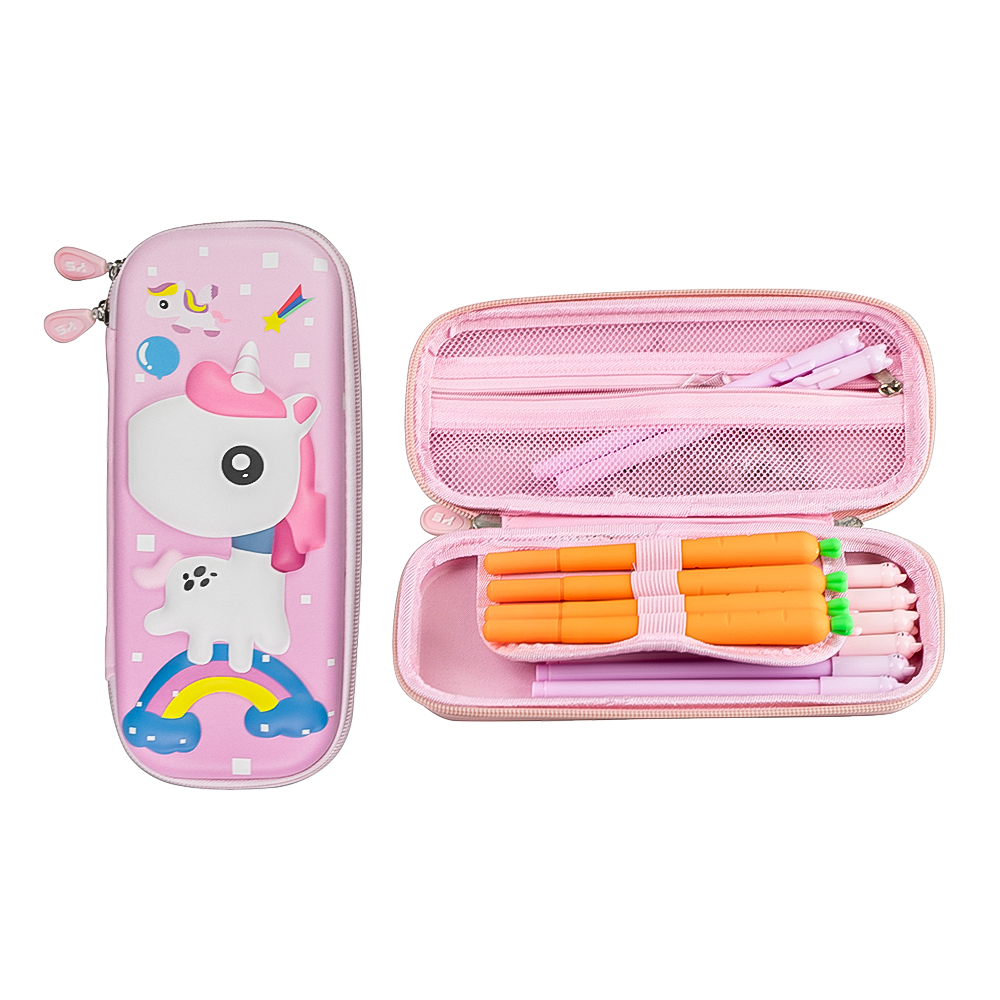International trade plays a crucial role in the global economy, allowing countries to specialize in the production of goods and services in which they have a comparative advantage. The concept of comparative advantage, first introduced by economist David Ricardo, explains how two countries can benefit from trading two goods. In this article, we will explore the conditions under which two countries can gain from trading two goods, shedding light on the intricacies of international trade.
- Understanding Comparative Advantage:
To comprehend when two countries can gain from trading two goods, it is essential to grasp the concept of comparative advantage. Comparative advantage refers to a country's ability to produce a particular good or service at a lower opportunity cost compared to another country. When countries specialize in producing goods they have a comparative advantage in, and engage in trade, both countries can benefit. - Differences in Resource Endowments:
One of the key factors determining whether two countries can gain from trading two goods is the differences in their resource endowments. Countries possess varying levels of natural resources, labor skills, technological capabilities, and capital. When countries have different resource endowments, they can specialize in producing goods that utilize their abundant resources efficiently, leading to gains from trade. - Production Possibility Frontier (PPF) Analysis:
Analyzing the Production Possibility Frontier (PPF) of two countries can provide insights into the potential gains from trade. The PPF illustrates the maximum amount of goods that can be produced with given resources and technology. If the opportunity cost of producing a good is lower in one country compared to the other, both countries can benefit from specializing in the production of goods with lower opportunity costs and trading the surplus. - Terms of Trade:
The terms of trade, which refer to the ratio at which countries exchange goods, also play a crucial role in determining the gains from trade. When countries engage in trade, the terms of trade influence the distribution of gains between them. If a country can negotiate favorable terms of trade, such as obtaining a higher price for its exports or paying a lower price for imports, it can further enhance its gains from trade. - Trade Barriers and Comparative Advantage:
Trade barriers, such as tariffs, quotas, and trade restrictions, can hinder the realization of gains from trade. By imposing barriers, countries limit the ability of their domestic industries to benefit from comparative advantage and access foreign markets. Removing or reducing trade barriers can promote trade and allow countries to fully exploit the potential gains from trading two goods.
Conclusion:
In conclusion, two countries can gain from trading two goods when they have differences in resource endowments, allowing for specialization and efficient resource allocation. Understanding comparative advantage, analyzing the Production Possibility Frontier, considering the terms of trade, and addressing trade barriers are all crucial factors in unlocking the mutual benefits of international trade. By embracing the principles of comparative advantage and promoting free trade, countries can foster economic growth, enhance welfare, and create a more interconnected global economy.



